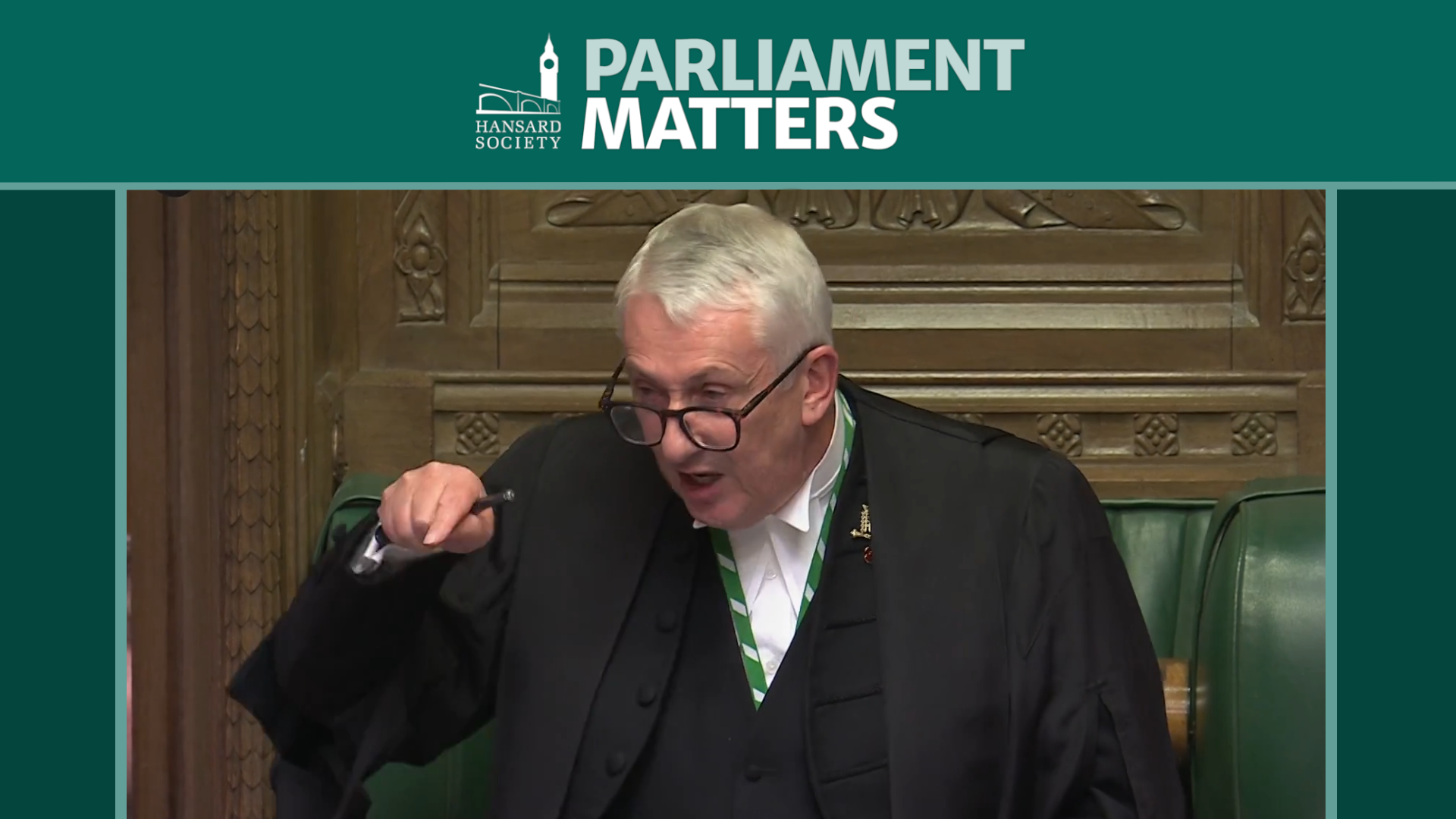News / Growing the Greens: Ellie Chowns MP on Parliament, polling and Zack Polanski - Parliament Matters podcast, Episode 124
What is it like to be part of a small but growing parliamentary party? We talk with the leader of the Green Party group at Westminster, Ellie Chowns, about the challenges of operating with limited numbers, the practical realities of parliamentary life, and how institutional structures shape the influence of smaller parties. We discuss our political culture, the Greens’ approach to leadership, internal decision-making, and the party’s longer-term ambitions for electoral and parliamentary reform and a more representative system.

